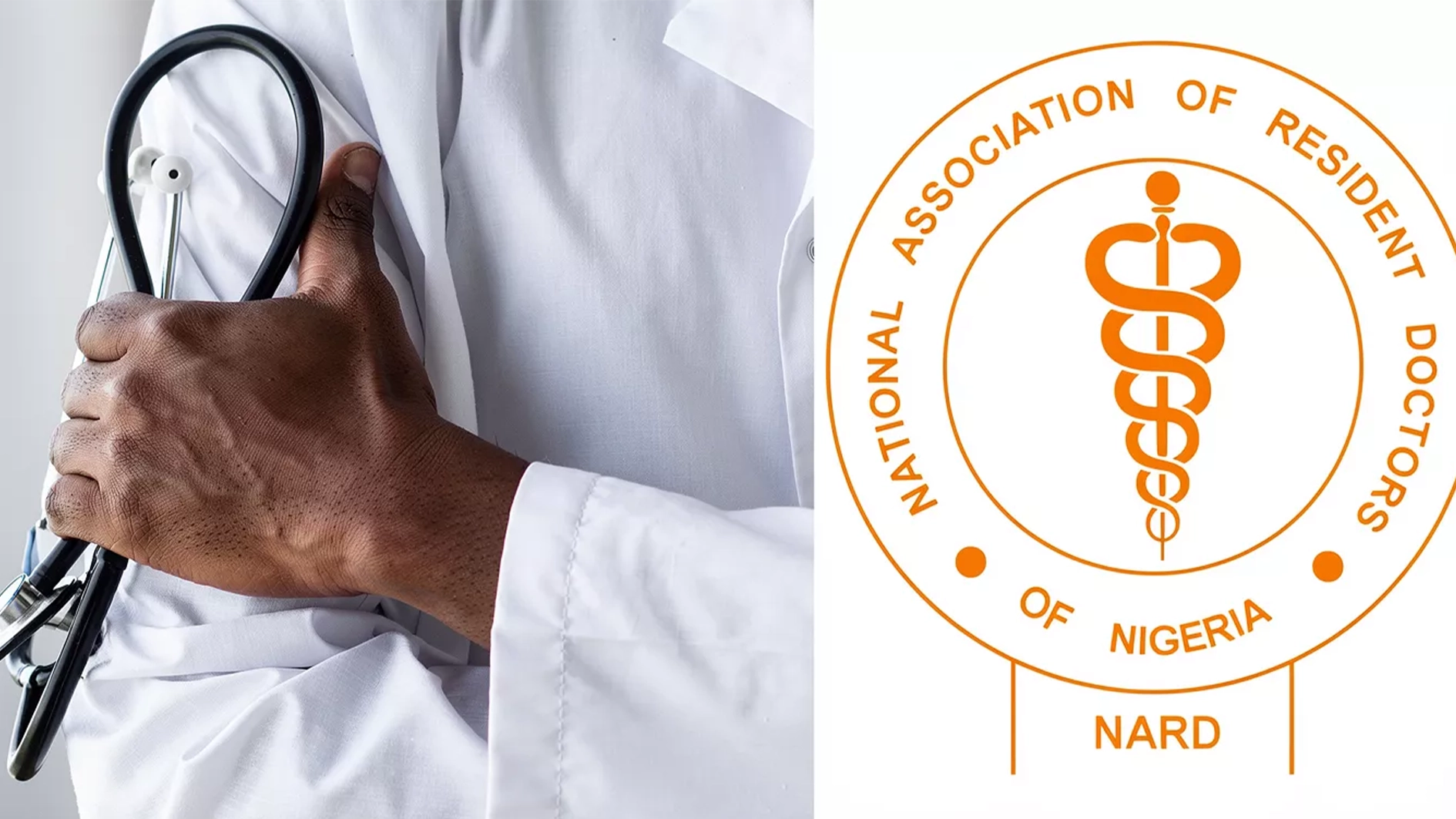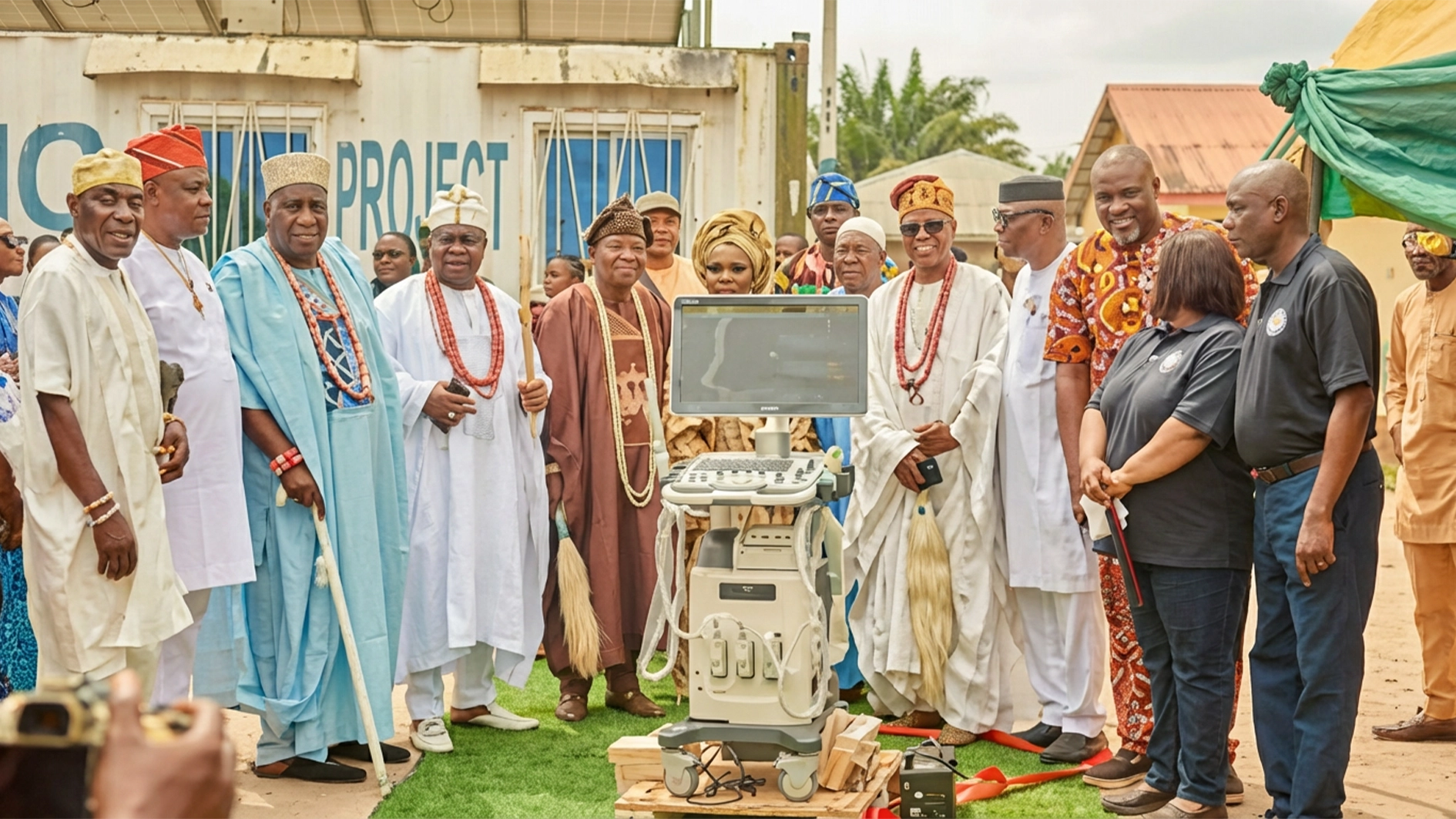Gases can be life-threatening. Yes, a threat that can be so invisible, so silent, that it will make you breathless without you even realizing it. In fact, according to the World Health Organization (WHO), over 28,000 deaths in Sub-Saharan Africa annually are linked to household air pollution — with carbon monoxide being a major contributor. In Nigeria specifically, studies from the Federal Ministry of Health have identified Indoor CO exposure from generators in Nigerian households and biomass fuels as a leading cause of non-communicable respiratory illness.Sounds chilling, but it is the reality of carbon monoxide (CO) poisoning. This threat is looming around many Nigerian homes that use generators operating on gas cookers, or in most cases, infiltration via vehicle fumes.
Carbon Monoxide poisoning from indoor generator use is known as the “Silent Killer Gas” that has taken countless lives globally. To avoid such fatalities, it is recommended that you employ a carbon monoxide (CO) gas detector in your household or workplace and be a responsible citizen. These detectors work as a guard and alert you with an alarm system once they detect the sign of danger.
These affordable CO detectors for household use are devices and work in a systematic way; however, most Nigerians are surprisingly unaware of or ignorant of their importance. We will tell you why this CO gas detector is often overlooked.
How A Carbon Monoxide (CO) Gas Detector Can Save Lives
As the name suggests, a carbon monoxide gas detector is designed to perform a unique function: to detect the heinous carbon monoxide gas. Humans cannot sense the presence of this gas because it is odorless and invisible. Therefore, these detectors with their electrochemical sensors are employed in housing and industrial settings to avoid any danger.
How A CO Gas Detector Works
Well, to be precise, it is installed by professionals and configured to perform its job. The professionals install it in places where there is a greater chance of the presence of this gas. When the carbon monoxide gas enters the chambers of the detector, the sensors identify the gas with a trigger of a chemical reaction.
This trigger further generates an electric current per the concentration of the CO gas in the environment. The electric current then goes into the detector’s internal circuit. At the time of installation, the professionals will set a certain threshold and a specific duration.
This is the limit, and the electric current in the internal circuit will notify the detector, informing it about the threshold and duration. If this preset limit is exceeded, the detector will make a loud sound or a piercing alarm to notify you to take action. The CO detector alarm sound for home use, which is loud enough to even awaken the sleeping occupants in every nook and corner of the area.
In fact, the National Institute of Standards and Technology (NIST) suggests that modern carbon monoxide gas detectors are set to alert at concentrations as low as 70 ppm / a sustained period. On the other hand, it is much faster in life-threatening or extreme conditions, which is around 400 ppm in just a few minutes.
SOPs To Follow After Carbon Monoxide (CO) Gas Detector Alarms
Once you are alerted that there is a CO gas threat, there is a window of opportunity or things you can do to save your life as well as those around you. Follow these life-saving actions:
- First of all, evacuate the premises immediately and move to a place of fresh air. This is supposed to be done before fatal levels of CO gas accumulate in your body. If you don’t take it seriously, take it from the experts. The Centers for Disease Control and Prevention (CDC) states that even lower concentrations of carbon monoxide can become fatal if ignored over time, and the higher concentrations are rapid, causing incapacitation and eventually death.
- After getting away from the fatal gas, it’s about time you spot the bone of contention. Check all the running generators, gas appliances, vehicles, etc. Any appliance that smells unusual or malfunctions. If you are unable to do so, call the experts.
- In most cases, people often ignore the flu-like symptoms of CO poisoning in Nigerian households and take it as the common flu. So, better to be safe than sorry and get yourself checked by a medical professional. The common symptoms include flu, nausea, headaches, dizziness, and fatigue. You must take this step seriously because it is proven by Johns Hopkins Medicine that a delay in treatment can cause severe neurological damage and even a cardiac arrest without you even realizing it.
Why Few Nigerians Use Carbon Monoxide Gas Detectors
According to a 2021 survey conducted by the Nigeria Centre for Disease Control (NCDC), less than 10% of Nigerian households are aware of carbon monoxide poisoning as a specific health hazard. Furthermore, a 2019 WHO regional study on African household energy usage noted that 70% of Nigerian homes rely on generators for power supply — often in poorly ventilated areas.
To be straightforward, the major reason why most Nigerians don’t use a carbon monoxide gas detector in the housing and industrial setting is the lack of awareness. Besides, this is just one reason; here is a list of issues:
-
Ignorance Is Not Always Bliss
Half of the population of Nigeria is unaware of the threats posed by CO poisoning and the other half is unaware of the existence of CO gas detectors. We did some digging and got to know from studies that there is a low understanding of CO as a “silent killer” in Nigeria, and even about its common sources in housing settings (generators indoors).
Another study suggests that a huge percentage of health personnel are unaware of the properties of CO and that it is harmful. There is a lack of awareness, a lack of public health campaigns, and a lack of media coverage focused on CO poisoning.
-
The Issue Of Affordability and Accessibility
We all know that the economy of Nigeria is doing great currently, but it still lies on the list of developing countries. In developing countries, survival is a need, and safety becomes a want. For many Nigerian households, the cost of CO detectors for low-income families can be a lot to afford, and they would prefer spending their hard-earned money on other pressing needs.
Yes, different companies are offering different prices on CO gas detectors, ans some are offering discounts too. One such company is Gas Dog, which has some excellent quality detectors at reasonable prices. However, the lack of accessibility of the available options in the local market also keeps Nigerians away from saving their lives from CO poisoning.
-
The Misconceptions And Cultural Refrains
Nigeria has a low understanding and concern about maintaining indoor air quality and avoiding indoor air pollution. In fact, most people believe that natural ventilation is enough to keep them safe from harmful gases. There are studies that suggest that people don’t consider the gas emitted from biomass fuel (burning wood) as harmful.
Also, they have a norm of keeping away from luxuries, and gas detectors are a luxury for their small housing settings. However, there is a Battery-powered portable Carbon Monoxide (CO) gas detector for small homes available on the market that is quite needed for small households.
Wrapping Up
There are many more reasons that Nigerians won’t use CO gas detectors, like they have to use generators for power supply, because the power supply can be cut off at any time. Also, the authorities lack regulations to make sure every house has these safety devices. Still, most people think they can detect a CO gas leak on their own, but the fact is humans cannot smell it, see it, or taste it. So, without getting a taste of death, you can’t detect it on your own. Don’t wait for a tragedy to act. Gas Dog offers compact, cost-effective carbon monoxide detectors that work even during power cuts — perfect for Nigerian homes.






